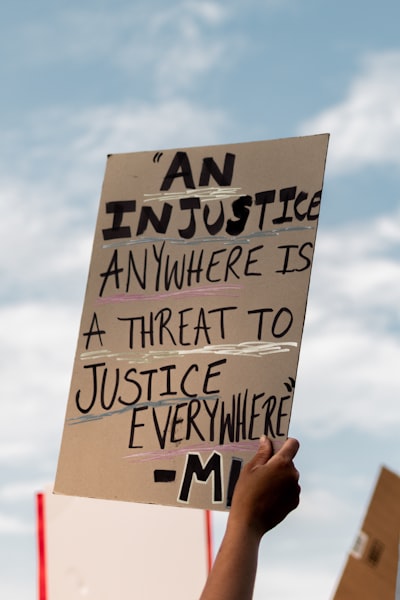Justice for All: Why Sentencing in Sexual Assault Cases Matters More Than Ever
Few topics provoke as much outrage—and scrutiny—as crimes involving sexual violence and the responsibilities of bystanders. When news breaks that a man who filmed the rape of a woman has had his sentence increased, it shines a critical spotlight on the legal and moral duties society places on witnesses, not just perpetrators.
The Core Dilemma: Bystander Accountability
Historically, criminal justice systems have focused squarely on those who directly commit acts of violence. However, this overlooks the profound impact of bystanders—particularly those who take an active role, such as recording an assault. Filming, rather than intervening or alerting authorities, often compounds the victim's trauma and can perpetuate wider cultural harms.
Key Arguments and Societal Impacts
| Aspect | Old Paradigm | Evolving Perspective |
|---|---|---|
| Legal Focus | Direct perpetrators only | Complicity and facilitation |
| Public Perception | Passive observer excused | Shared moral responsibility |
| Victim’s Trauma | Single act | Persistent, often public shame |
| Deterrence Value | Weak | Stronger with harsher sentencing |
Why Increased Sentences Matter:
Increasing the sentence for those who film such crimes sends a powerful message: passive observation—or worse, facilitating the spread of abuse via recording—will not be tolerated. It recognizes the lasting harm inflicted by enabling perpetrators, especially in a world where videos can be instantly distributed online, magnifying the victim’s suffering and emboldening others to record rather than help.
“Justice is not just about punishing the act, but confronting everyone who allows that act to happen.” —Legal Scholar, Dr. L. Bennett
Technological Trends and Social Responsibility
The rise of smartphones and social media has made it easier than ever to record crimes in real-time. While sometimes these recordings are invaluable for conviction, when the purpose is voyeuristic or malicious, it becomes a tool for further victimization.
Legally, most jurisdictions are now reassessing “complicity” laws—blurring the lines between participation and observation.
Surprising Fact:
A 2023 survey found that nearly 30% of bystanders in public assaults recorded the incident, but less than 5% intervened or called emergency services.
Broader Implications
Stricter sentences don't just punish—they educate. They affirm societal values: that inaction is not neutral, and that exploitation of someone else’s trauma, for entertainment or passive consumption, is a grave offense. As laws evolve, they must keep pace with both technological capabilities and shifting moral expectations.
Actionable Insight:
For bystanders: If you witness violence, prioritize the victim’s safety and alert authorities immediately instead of documenting the abuse. For policymakers: Review existing legislation to ensure bystanders who abet crimes are held adequately accountable.
This article was inspired by the headline: 'Man who filmed rape of woman has sentence increased'.

Comments
No comments yet. Be the first to comment!